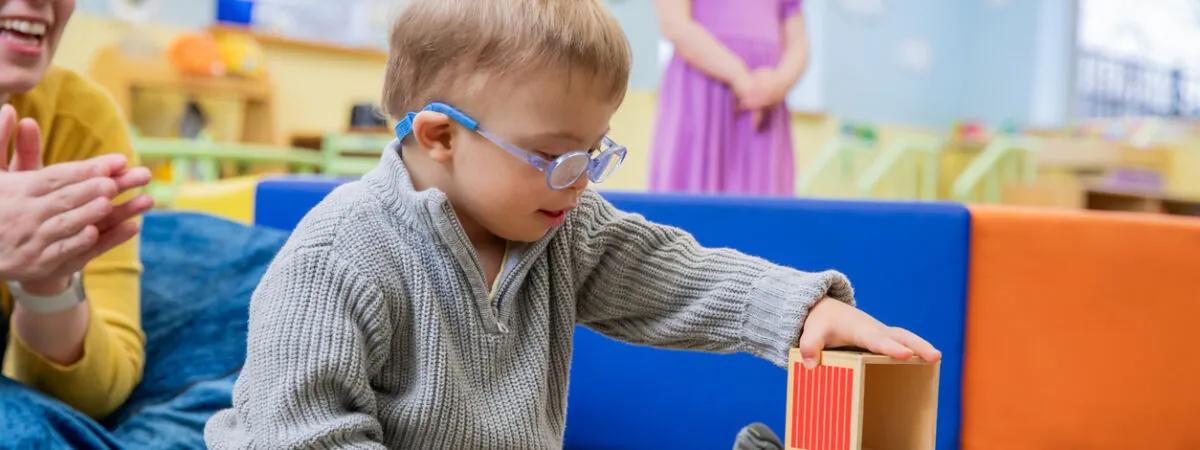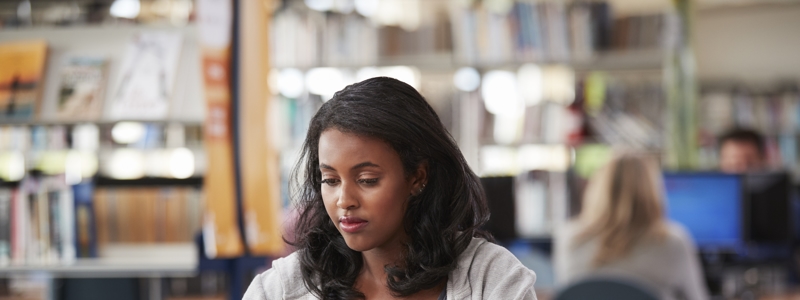Parents instinctively know that play is important. It’s how children unwind, explore, and make sense of the world. But look closely, and you’ll see that play often leads to learning and the development of various soft skills. Every game, puzzle, or imaginative scenario has hidden lessons built in, developing skills that will serve children for years to come.
By recognising these links, you can make playtime even more powerful, all without turning it into a classroom.
Building a World and a Vocabulary
When children create imaginary worlds, whether it’s with dolls, action figures, or cardboard boxes, they’re not just entertaining themselves. They’re storytellers in training. Each scenario requires them to choose characters, invent plotlines, and solve problems (“How do the superheroes cross the lava without touching the floor?”).
These moments build language skills as they experiment with new words, use descriptive language, and practise sequencing events. They also develop critical thinking, adjusting their stories when new ideas pop up or challenges arise.
From Mud Pies to Measurement
Outdoor play offers countless learning opportunities. Making mud pies in the garden might seem like messy fun, but it’s also a lesson in volume, proportion, and experimentation. How much water makes the perfect mud? Which container holds more? How can leaves or stones be used for decoration? All that exploration can mean muddy clothes to wash, but it can also lead to clearer thinking and clean straight As further down the line.
Negotiating the Rules
Group games, from football in the park to a spontaneous game of tag at the playground, are a masterclass in social learning. Children practise negotiation (“Let’s make it two touches before you’re out”), teamwork, and compromise when disputes arise.
These skills are vital in adulthood, whether it’s collaborating on a group project at university or navigating workplace discussions. Play creates a safe space to experiment with these dynamics before the stakes get higher.
Puzzle Power
Puzzles teach spatial awareness, patience, and perseverance. Completing a tricky jigsaw requires breaking a big task into smaller, more manageable steps, and it’s the same skill needed for tackling complex school assignments.
And the satisfaction of placing that final piece? That’s intrinsic motivation, the internal drive to see something through to the end.
Role Play, Real Skills
Pretend play often mirrors the adult world. A child “playing shop” is learning numeracy when they count coins, and communication when they serve a customer. Playing school” flips the roles, encouraging empathy as they imagine what it’s like to be the teacher.
These role-reversal games encourage perspective-taking, which is a key part of emotional intelligence, and help children explore different ways of thinking.
Creative Confidence
Artistic play, from painting to building dens, is less about perfect outcomes and more about creative problem-solving. How will the den stay up? Which colours mix to make the perfect sunset? The process builds resilience, teaching that mistakes are part of the journey and often lead to better ideas.
Children who feel confident experimenting are more likely to take risks in their learning, whether that’s tackling a difficult maths problem or attempting a new instrument.
Turning Everyday Play into Learning Opportunities
You don’t need specialised toys or structured activities to link play with learning. Try:
- Cooking together: measuring ingredients, reading recipes, and experimenting with flavours.
- Building obstacle courses: planning routes, estimating distances, and testing strategies.
- Story swaps: you start a story, your child continues, and you keep passing it back and forth.
By seeing the learning woven into these moments, you can encourage your child without taking away the joy of discovery.
Looking for extra ways to support your child’s learning?
Find your nearest Tutor Doctor location and discover how our personalised, one-to-one tutoring can complement the skills they’re already building through play.




